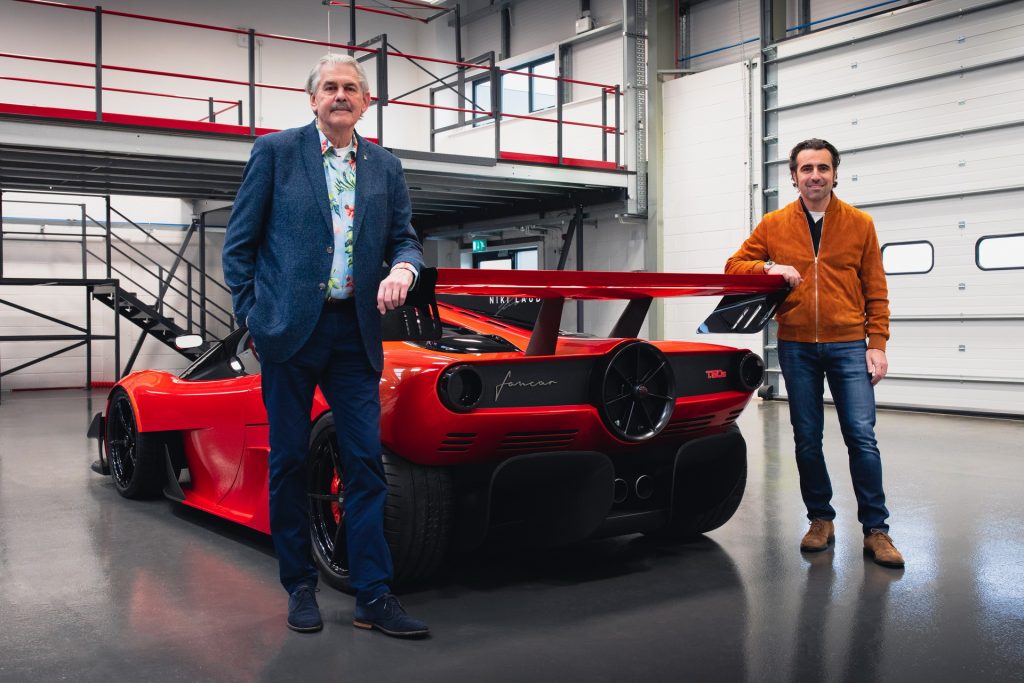A number of improvements have been made to the limited-run T.50s since it was first unveiled almost three years ago
December 29, 2023 at 10:01
 –>
–> 
–>
Gordon Murray Automotive has kickstarted the development of the track-only version of its T.50 supercar, dubbed the T.50s ‘Niki Lauda’ and released the first video in a series that will detail the creation of the car.
The niche carmaker first unveiled the T.50s at the start of 2021 but has had to focus most of its energy on the development and production of the road-going T.50 over the past couple of years. In addition, it is working on the more affordable T.33 supercar. Despite having a lot on its plate, Gordon Murray Automotive hasn’t simply slapped on a big wing to the T.50 and called it a day; instead, they made such comprehensive changes that the T.50s could almost be considered as an entirely separate model.

In creating the T.50s, Murray wanted something lighter and more powerful than the road car. The same basic 3.9-liter naturally-aspirated V12 is featured but Cosworth has modified it to extract 772 hp, significantly more than the planned 725 hp. Changes made include increasing the compression ratio, removing the variable valve timing, revising the cylinder heads, fitting new cams, and developing a different induction system. It also has 12 individual throttle bodies as opposed to the four throttle bodies of the street car. The engine even has direct overheard injection and continues to rev to 12,100 rpm.
advertisement scroll to continue
Read: Gordon Murray’s Wild T.50s ‘Niki Lauda’ Offers 725 HP Of Track Driving Bliss For $4.3M
Numerous weight-saving measures have also been made, meaning the car weighs just 1,878 lbs (852 kg), roughly 220 lbs (100 kg) less than the street car. One of the key weight-saving measures implemented is the fitment of carbon-carbon brakes as opposed to the carbon-ceramics of the regular T.50. These new brakes are not suited to road driving as they are pretty useless in cold and wet conditions but will work on a track car like the T.50s.
Murray will build just 25 units of the T.50s with each starting at around £3.1 million ($3.9 million).
[embedded content]
 –>
–> 